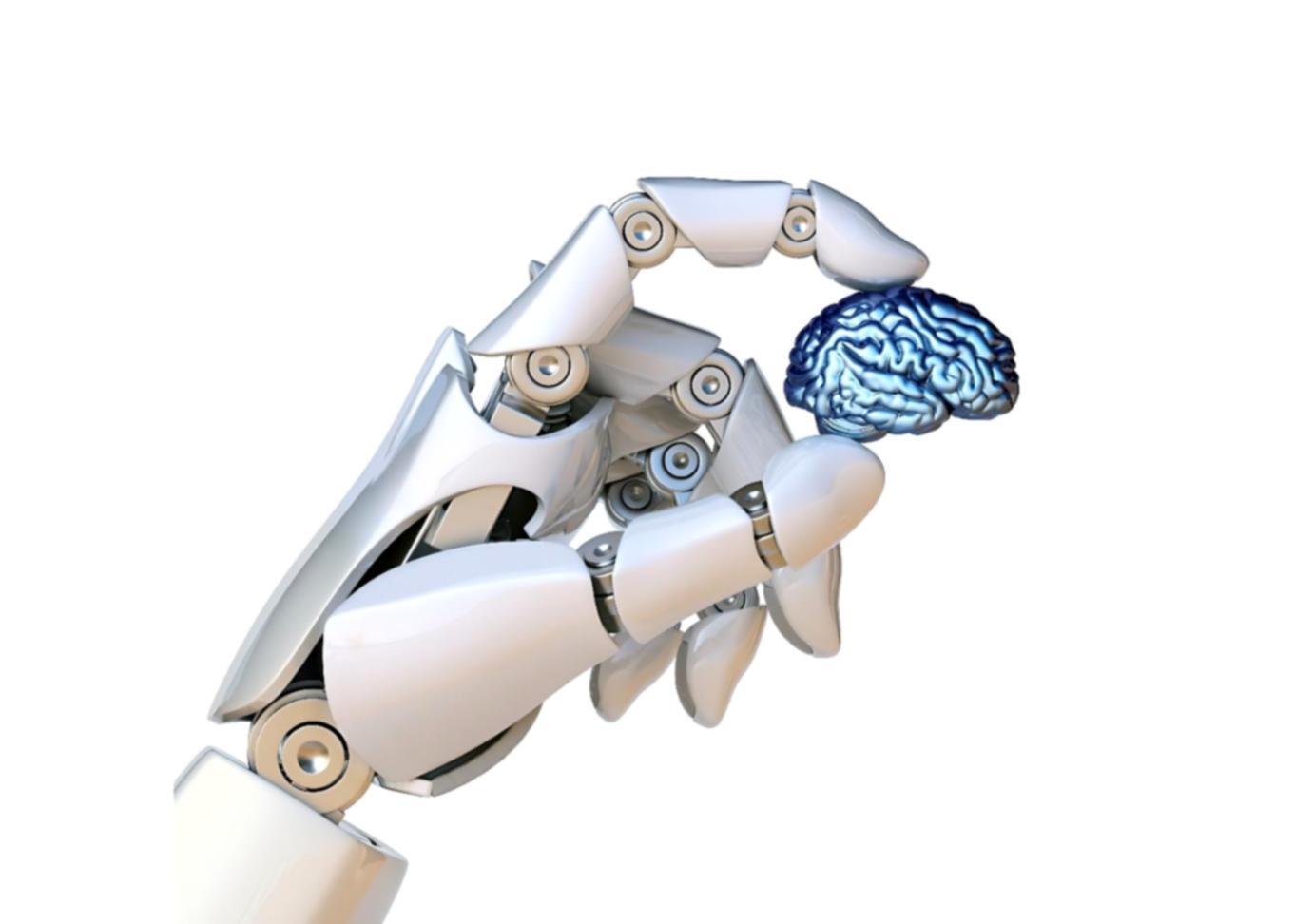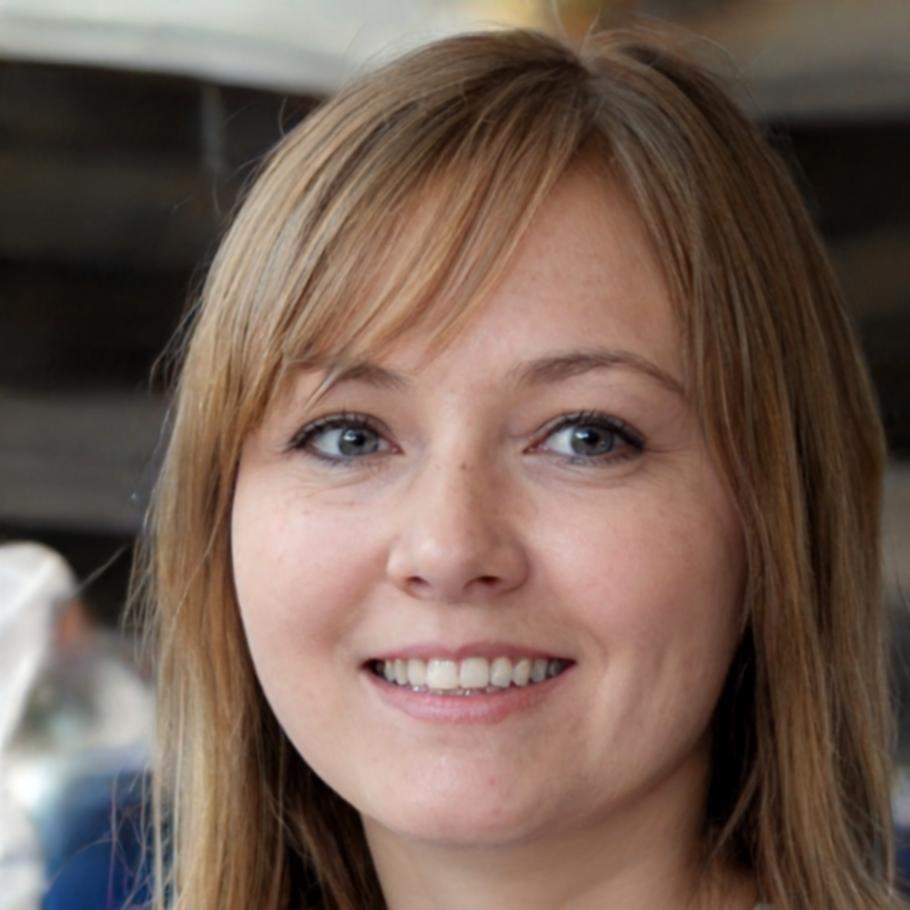We Build Things That Actually Work
Started back in 2019 when three engineers got tired of seeing manufacturers struggle with outdated systems. We're still those same people, just with more coffee stains and a better understanding of what production floors actually need.
How This Started
Truthfully, we didn't set out to create another AI company. Rhen Caldwell was consulting for a textile manufacturer in 2019, watching their quality control team manually inspect thousands of units daily. The error rate was frustrating everyone involved.
She built a small computer vision system over a weekend. Nothing fancy – just pattern recognition that could catch defects her eyes kept missing after hour six of staring at fabric. The plant manager asked if she could scale it up.
That's when two former colleagues joined in. We spent months on factory floors, learning what actually mattered versus what looked good in presentations. Most AI demos we'd seen were solving problems that didn't exist or promising things that couldn't work in real production environments.

What Matters To Us
Real Results
We test everything on actual production lines before calling it ready. If it can't handle a 12-hour shift with varying conditions, it's not leaving our lab. Your operators shouldn't need a PhD to use our tools.
Honest Limits
AI can't fix every problem, and we'll tell you upfront when traditional methods work better. We've walked away from projects where the solution didn't match the need. That matters more than quarterly numbers.
Long Partnerships
Our first client from 2019 still calls when they're evaluating new equipment. That happened because we showed up during their 3am system crashes and didn't disappear after installation. Support means something here.
Meet The Team

Rhen Caldwell
Lead Systems Engineer
Spent eight years building vision systems for automotive before realizing most industries were decades behind. Now focuses on making detection algorithms that don't need constant retraining. Still visits client sites monthly because remote diagnostics miss half the story. Prefers factory floors to conference rooms.